Optimal Timing for Foundation Repairs
Foundation repairs are most effective when performed during specific times of the year, depending on weather conditions and soil stability. Proper timing can minimize complications and ensure long-lasting results.
Spring offers moderate temperatures and stable soil conditions, making it ideal for foundation work. However, increased rainfall can sometimes delay projects.
Summer provides longer daylight hours and dry weather, which facilitate construction activities. Extreme heat may require scheduling adjustments.
Fall's cooler temperatures and reduced rainfall create favorable conditions for foundation work. Soil is often less saturated, aiding in effective repairs.
Winter is generally less suitable due to freezing temperatures and frozen ground, which can hinder excavation and curing processes.
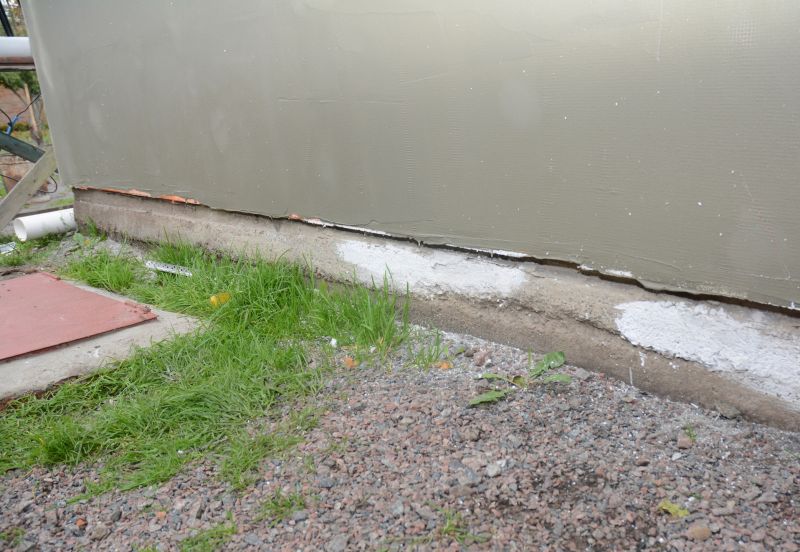
Ways to make Foundation Repairs work in tight or awkward layouts.
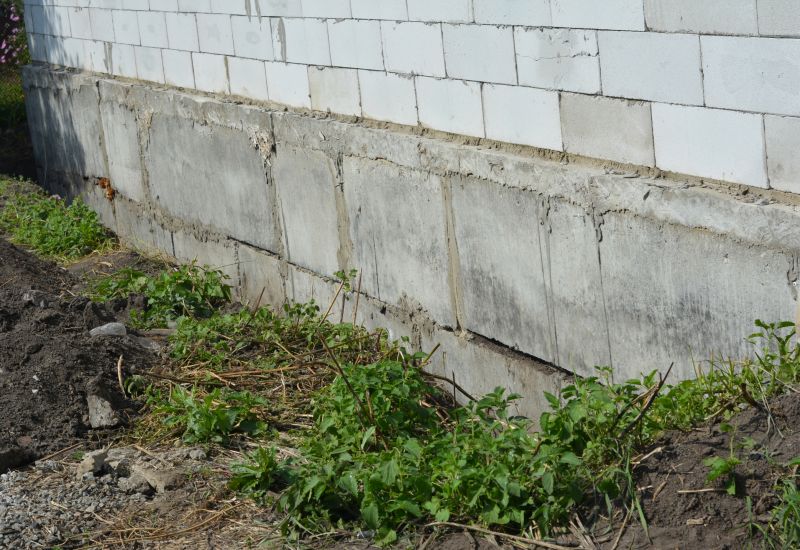
Popular materials for Foundation Repairs and why they hold up over time.
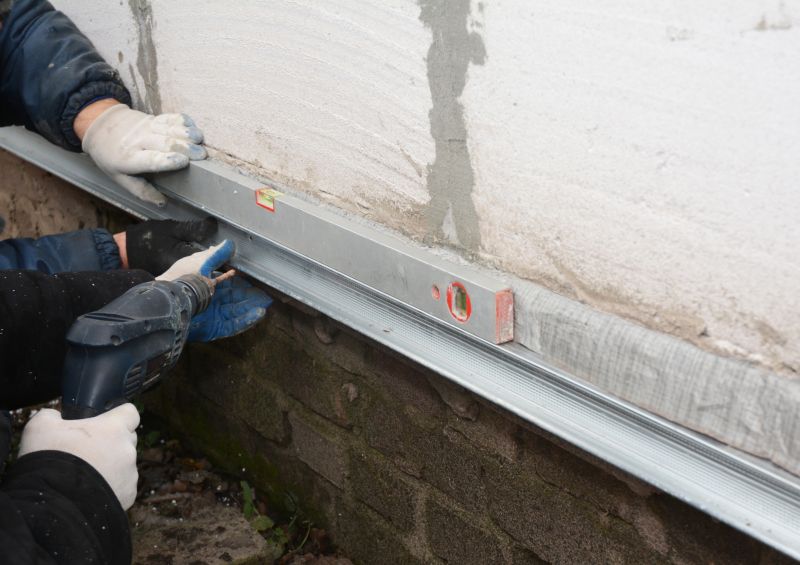
Simple add-ons that improve Foundation Repairs without blowing the budget.
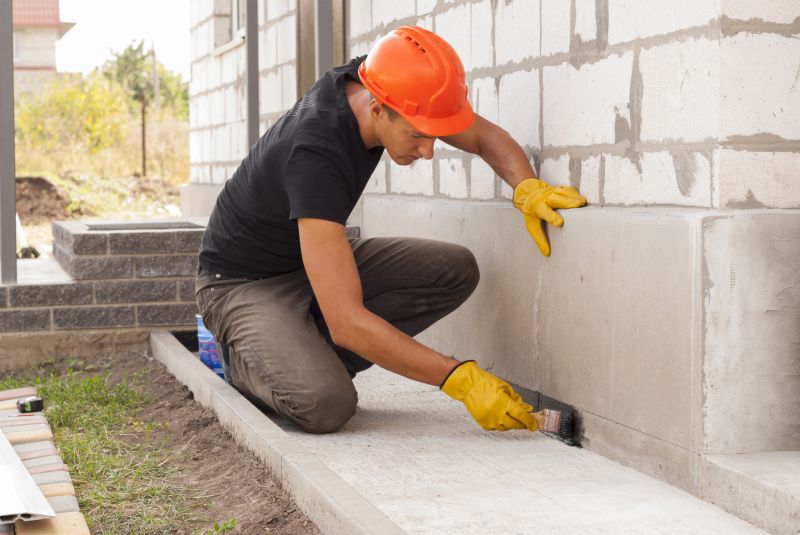
High-end options that actually feel worth it for Foundation Repairs.
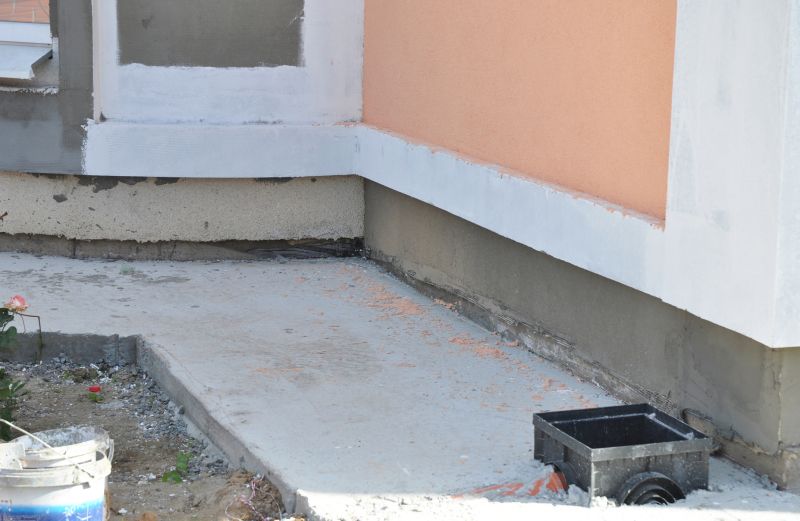
Finishes and colors that play nicely with Foundation Repairs.
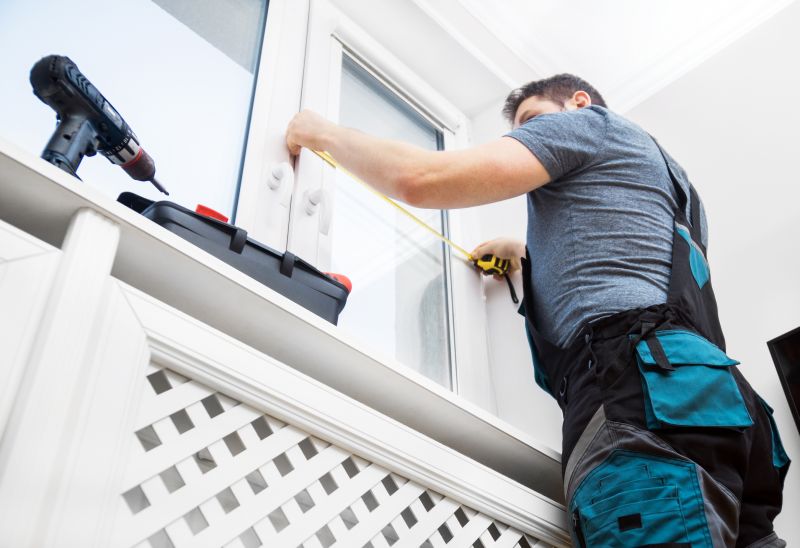
Little measurements that prevent headaches on Foundation Repairs day.
Foundation repairs address issues such as settling, cracking, and shifting that can compromise structural integrity. Timely intervention can prevent further damage and costly repairs. Soil conditions, moisture levels, and temperature fluctuations are critical factors influencing the optimal timing for repairs. For example, soil expansion and contraction due to moisture changes can exacerbate foundation problems if repairs are delayed during unsuitable weather conditions.
Statistics indicate that approximately 25% of homes in regions with variable climates experience foundation issues that require repairs. Proper scheduling during favorable seasons can improve the effectiveness of stabilization methods and prolong the lifespan of the foundation.
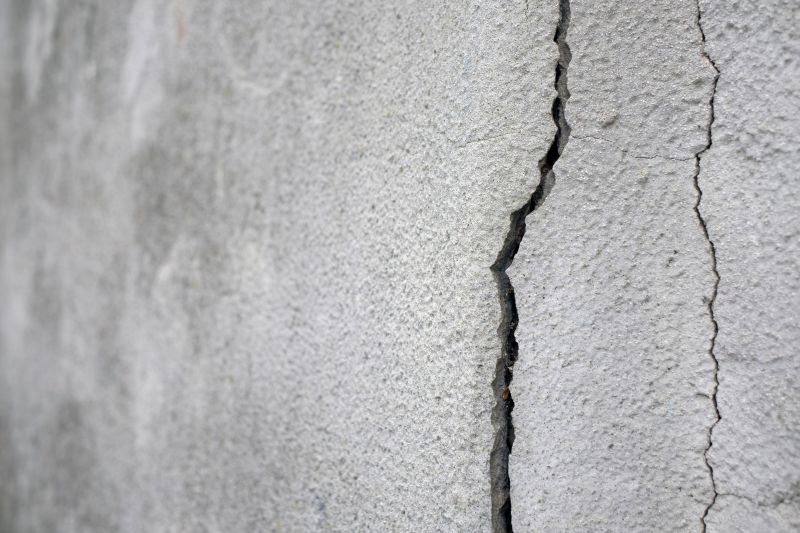
A 60-second routine that keeps Foundation Repairs looking new.
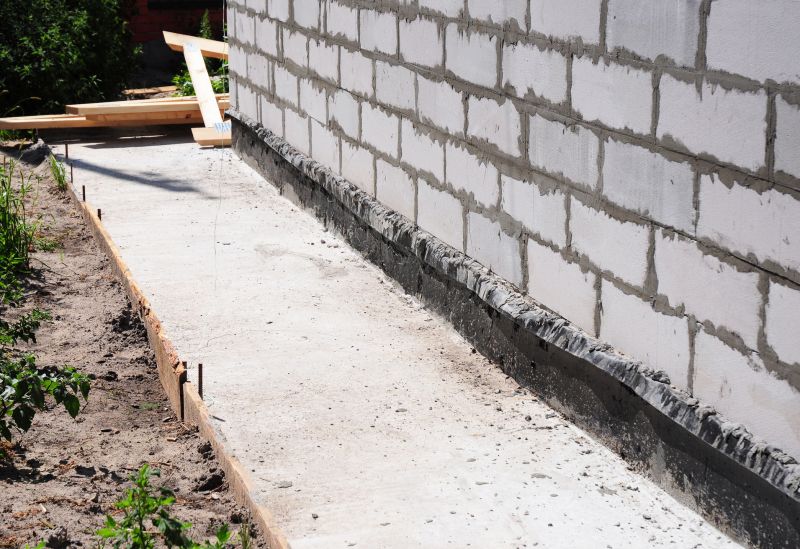
A frequent mistake in Foundation Repairs and how to dodge it.
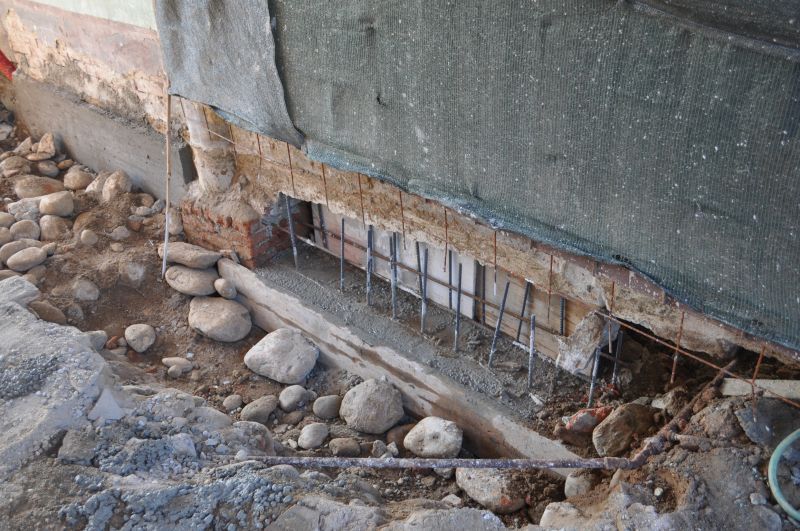
Small tweaks to make Foundation Repairs safer and easier to use.
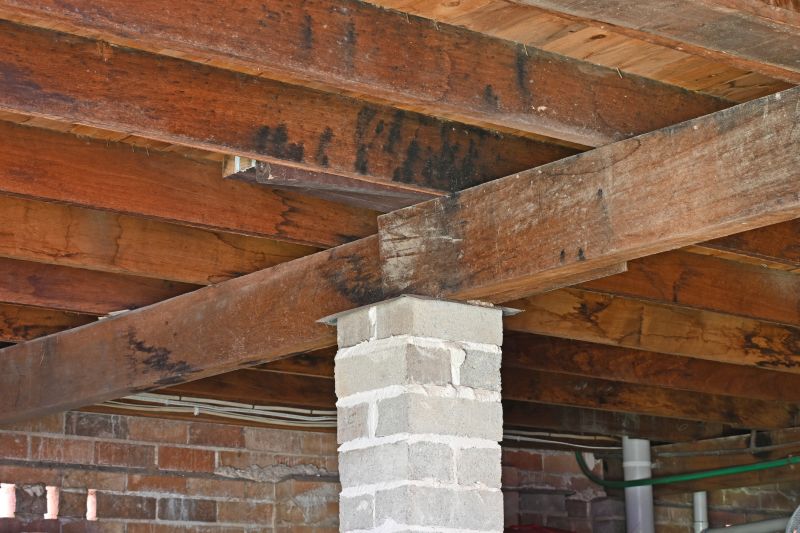
Lower-waste or water-saving choices for Foundation Repairs.
| Season | Ideal Conditions |
|---|---|
| Spring | Moderate temperatures, soil stability, manageable rainfall |
| Summer | Dry weather, longer work hours, potential heat concerns |
| Fall | Cooler temperatures, reduced moisture, soil less saturated |
| Winter | Freezing temperatures, frozen ground, limited accessibility |
Choosing the right season for foundation repairs can significantly impact the success and durability of the work. Consulting with a foundation specialist can help determine the best timing based on local climate patterns and specific property conditions.


